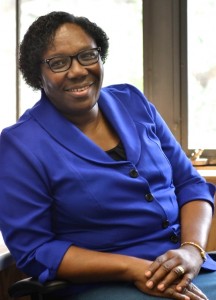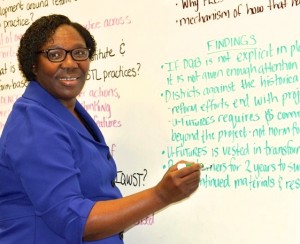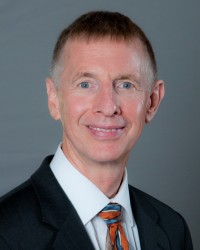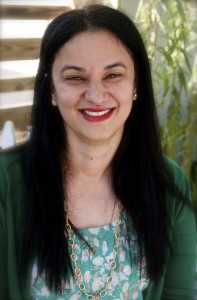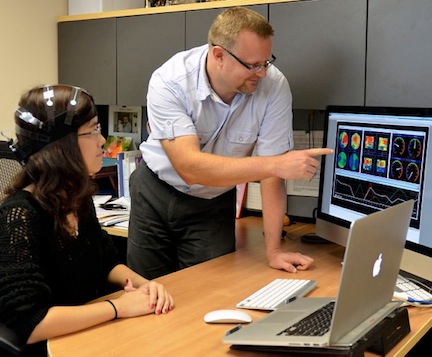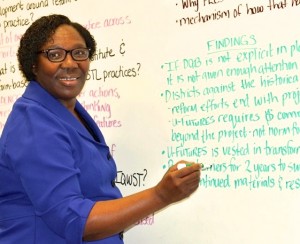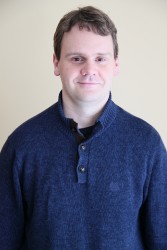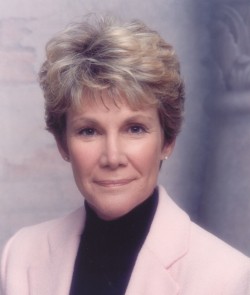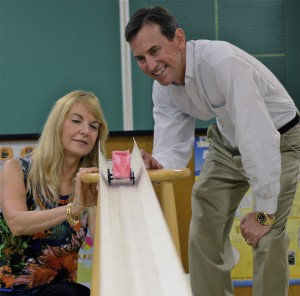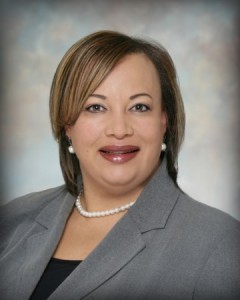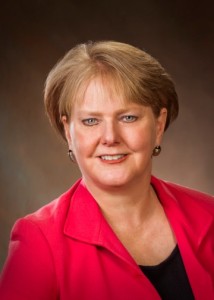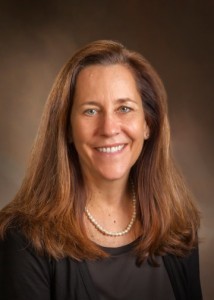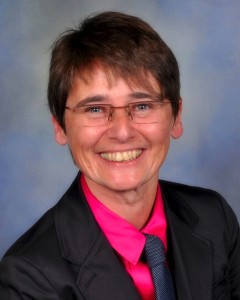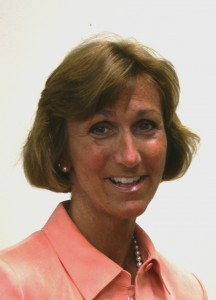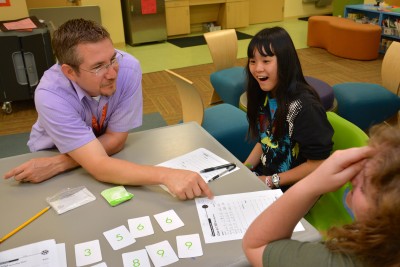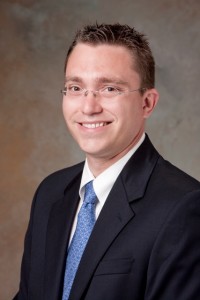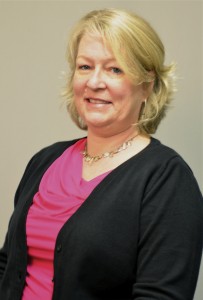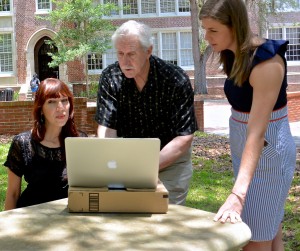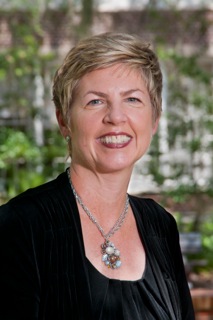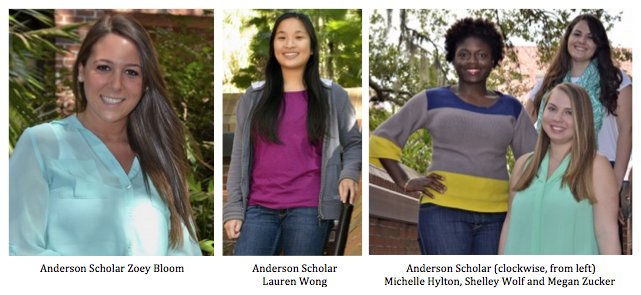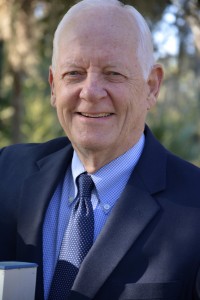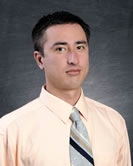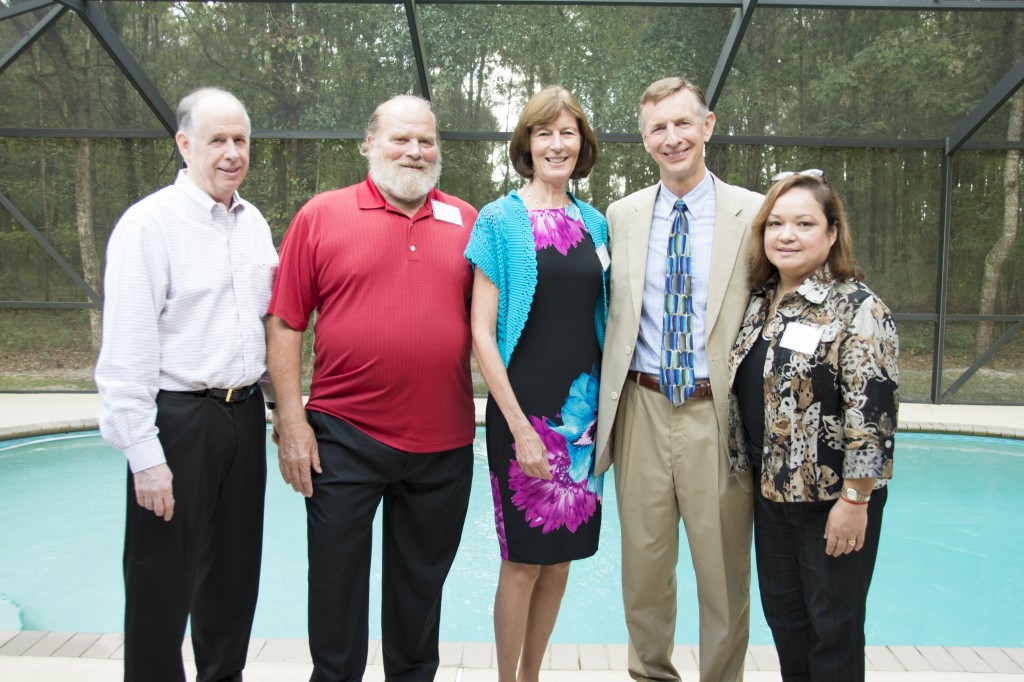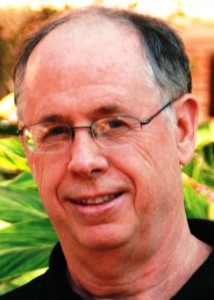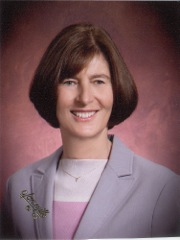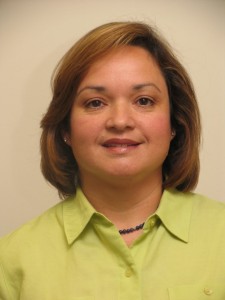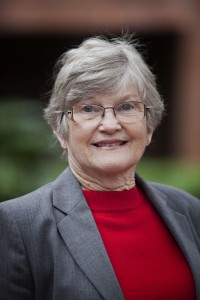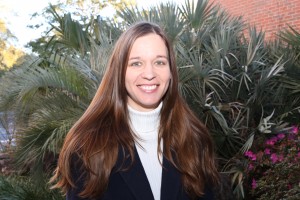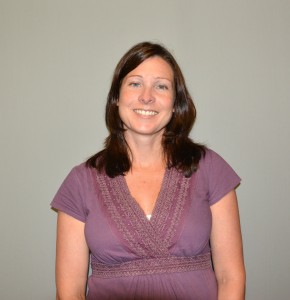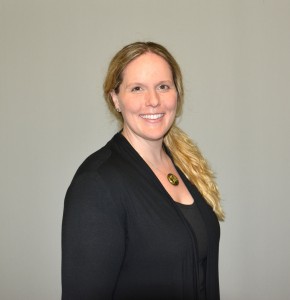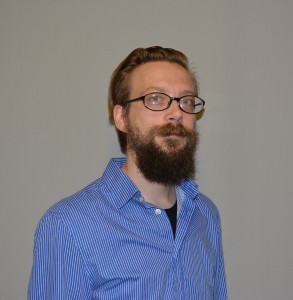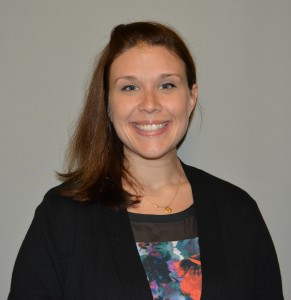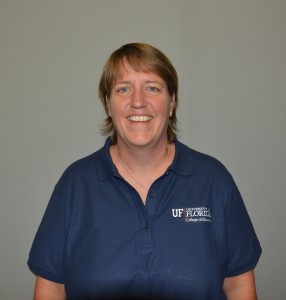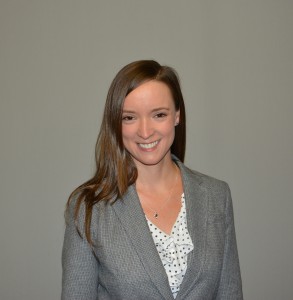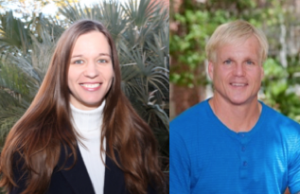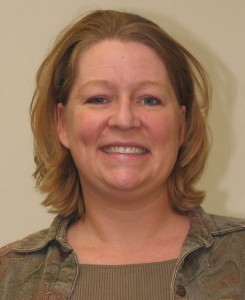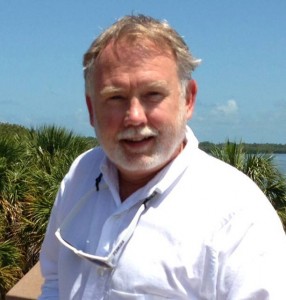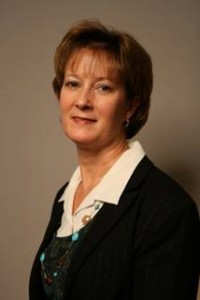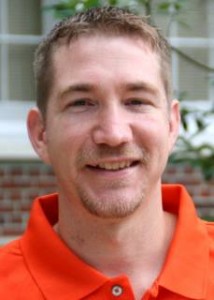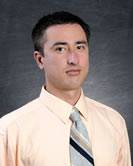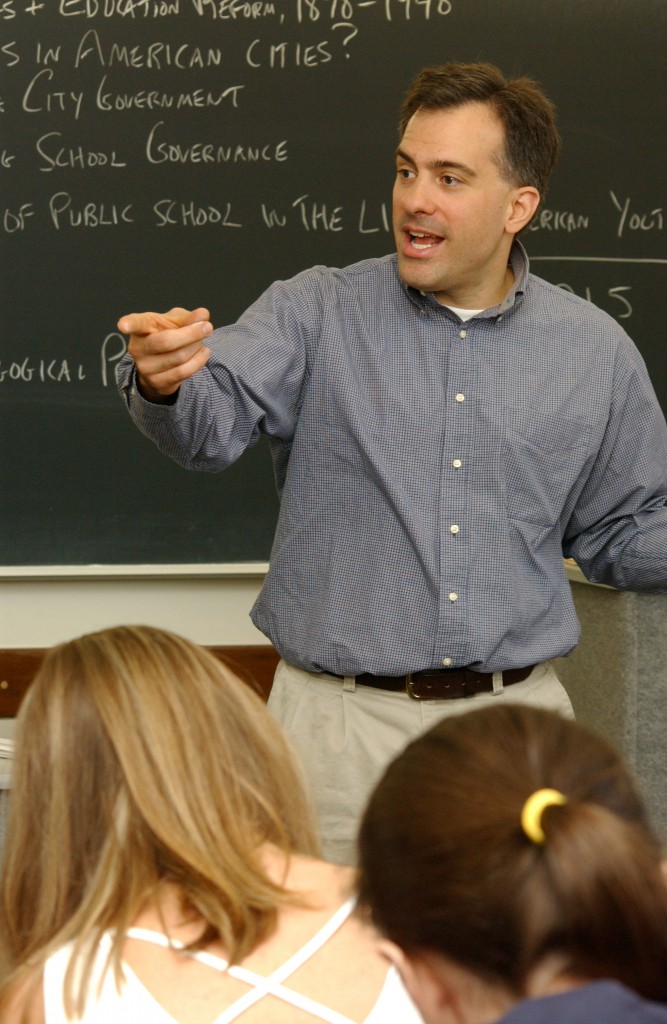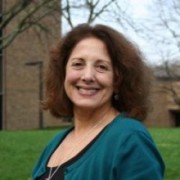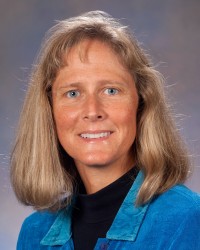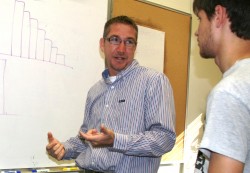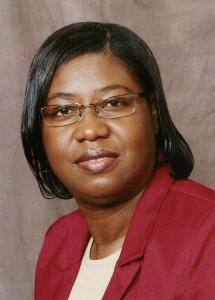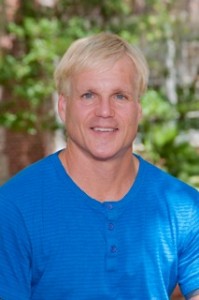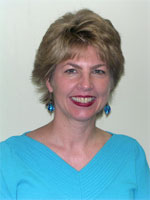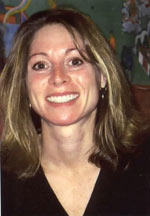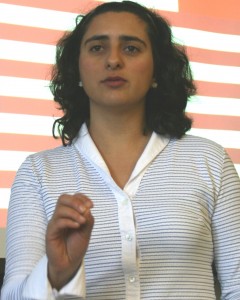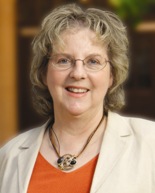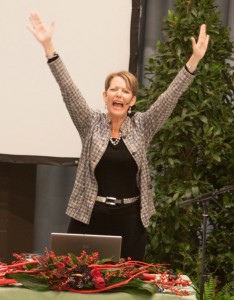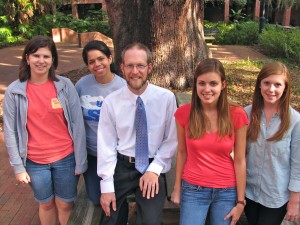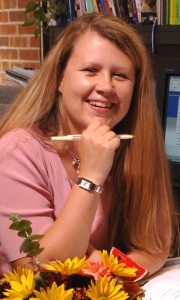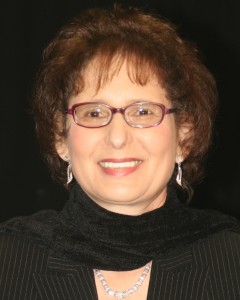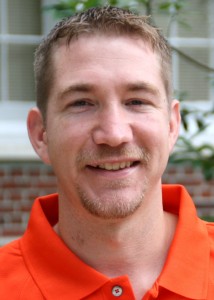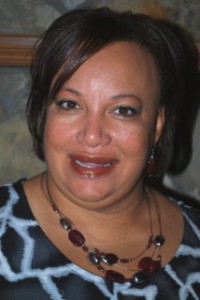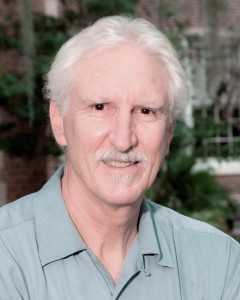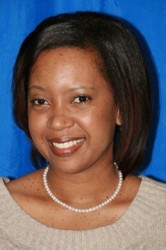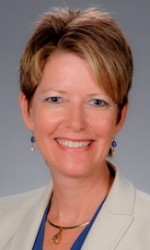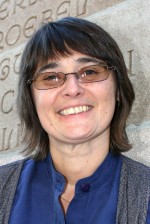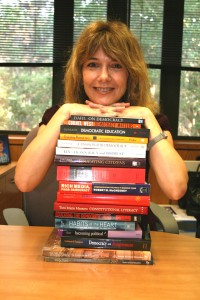https://education.ufl.edu/news/files/2019/07/News-1-300x65.png
0
0
https://education.ufl.edu/news/files/2019/07/News-1-300x65.png
2014-12-11 14:10:202014-12-11 14:10:20In Memoriam: Cecil D. Mercer, Ph.D., special education 'giant'
https://education.ufl.edu/news/files/2014/11/PRINGLE-Banner6e.jpg
355
955
https://education.ufl.edu/news/files/2019/07/News-1-300x65.png
2014-11-04 17:08:412014-11-24 11:59:43Spotlight shines thrice on Prof. Pringle as top science teacher educator
https://education.ufl.edu/news/files/2019/07/News-1-300x65.png
0
0
https://education.ufl.edu/news/files/2019/07/News-1-300x65.png
2014-10-20 10:14:002014-10-20 10:35:31Dean Good named to elite Abu Dhabi teacher education panel
https://education.ufl.edu/news/files/2019/07/News-1-300x65.png
0
0
https://education.ufl.edu/news/files/2019/07/News-1-300x65.png
2014-10-16 09:00:072014-10-15 17:16:01P.K. Yonge Spanish teacher honored for 'excelencia' as part of Hispanic Heritage Month
https://education.ufl.edu/news/files/2019/07/News-1-300x65.png
0
0
https://education.ufl.edu/news/files/2019/07/News-1-300x65.png
2014-10-15 12:15:362014-10-20 10:36:22Incentive grant boosts ed. tech professor's research merging education and neuroscience
https://education.ufl.edu/news/files/2019/07/News-1-300x65.png
0
0
https://education.ufl.edu/news/files/2019/07/News-1-300x65.png
2014-10-09 17:47:512014-10-10 11:42:39State, regional groups honor Pringle as top science teacher educator
https://education.ufl.edu/news/files/2019/07/News-1-300x65.png
0
0
https://education.ufl.edu/news/files/2019/07/News-1-300x65.png
2014-10-02 16:53:092014-10-02 16:53:09ACA taps rising leaders from UF counselor education
https://education.ufl.edu/news/files/2019/07/News-1-300x65.png
0
0
https://education.ufl.edu/news/files/2019/07/News-1-300x65.png
2014-09-10 17:00:252014-09-10 17:00:25Statistics scholar fills ‘big data’ faculty posts at COE, new UF institute
https://education.ufl.edu/news/files/2019/07/News-1-300x65.png
0
0
https://education.ufl.edu/news/files/2019/07/News-1-300x65.png
2014-07-29 16:34:592014-07-29 16:36:00Ed. psychology scholar awarded prestigious UF Research Foundation Professorship
https://education.ufl.edu/news/files/2019/07/News-1-300x65.png
0
0
https://education.ufl.edu/news/files/2019/07/News-1-300x65.png
2014-07-29 11:04:282014-07-29 11:04:28Second Preeminence Professor appointed in early childhood studies
https://education.ufl.edu/news/files/2019/07/News-1-300x65.png
0
0
https://education.ufl.edu/news/files/2019/07/News-1-300x65.png
2014-07-09 15:45:002016-05-06 13:32:28Teen traffic deaths inspire UF professors to write award-winning article, "A Science That Saves Lives'
https://education.ufl.edu/news/files/2019/07/News-1-300x65.png
0
0
https://education.ufl.edu/news/files/2019/07/News-1-300x65.png
2014-06-18 09:58:192014-06-18 09:58:19FATE has Timmons on presidential track
https://education.ufl.edu/news/files/2019/07/News-1-300x65.png
0
0
https://education.ufl.edu/news/files/2019/07/News-1-300x65.png
2014-06-13 10:53:292014-06-13 10:53:29Early-childhood education scholars join UF Institute for Child Health Policy
https://education.ufl.edu/news/files/2019/07/News-1-300x65.png
0
0
https://education.ufl.edu/news/files/2019/07/News-1-300x65.png
2014-06-04 11:01:042014-06-05 11:39:15Smooth leadership transition for School of Teaching and Learning
https://education.ufl.edu/news/files/2019/07/News-1-300x65.png
0
0
https://education.ufl.edu/news/files/2019/07/News-1-300x65.png
2014-06-03 17:22:472014-06-03 17:48:34Waldron named associate dean for student affairs
https://education.ufl.edu/news/files/2014/06/JACOBBE-Tim_0056-banner.jpeg
355
960
https://education.ufl.edu/news/files/2019/07/News-1-300x65.png
2014-06-03 12:24:392014-10-11 11:24:24Everyone's a mathematician at heart
https://education.ufl.edu/news/files/2019/07/News-1-300x65.png
0
0
https://education.ufl.edu/news/files/2019/07/News-1-300x65.png
2014-06-02 14:40:162014-06-02 14:40:11New COE autism scholar will work with early childhood studies center
https://education.ufl.edu/news/files/2019/07/News-1-300x65.png
0
0
https://education.ufl.edu/news/files/2019/07/News-1-300x65.png
2014-06-02 14:36:002014-06-05 12:12:51Adams, Vernetson named to FLDOE review panel
https://education.ufl.edu/news/files/2019/07/News-1-300x65.png
0
0
https://education.ufl.edu/news/files/2019/07/News-1-300x65.png
2014-05-30 14:39:362014-05-30 14:40:15Top teacher for undergraduates never doubted her destiny
https://education.ufl.edu/news/files/2014/05/SMITH-S.W.-spotlight_0035.jpg
355
958
https://education.ufl.edu/news/files/2019/07/News-1-300x65.png
2014-05-29 15:31:462014-11-05 12:45:09UF honors Special Ed's Stephen Smith for mentoring Ph.D. students
https://education.ufl.edu/news/files/2019/07/News-1-300x65.png
0
0
https://education.ufl.edu/news/files/2019/07/News-1-300x65.png
2014-03-21 06:00:132014-03-20 14:42:04International group honors Special Ed researcher for 2nd straight year
https://education.ufl.edu/news/files/2019/07/News-1-300x65.png
0
0
https://education.ufl.edu/news/files/2019/07/News-1-300x65.png
2014-02-05 13:08:262014-02-05 16:47:08UF Anderson Scholars program taps 5 COE students, 3 faculty mentors
https://education.ufl.edu/news/files/2013/12/Sandeen-Art-resized_0001.jpg
355
960
https://education.ufl.edu/news/files/2019/07/News-1-300x65.png
2013-12-16 13:04:302013-12-16 13:10:17Art Sandeen, student affairs icon, honored as Distinguished Pillar in student personnel
https://education.ufl.edu/news/files/2019/07/News-1-300x65.png
0
0
https://education.ufl.edu/news/files/2019/07/News-1-300x65.png
2013-11-05 09:11:212013-11-05 09:22:16Education technology professor receives best paper award
https://education.ufl.edu/news/files/2019/07/News-1-300x65.png
0
0
https://education.ufl.edu/news/files/2019/07/News-1-300x65.png
2013-10-17 11:23:302013-10-17 11:24:38College honors 5 newly retired faculty: Algina, Clark, Echevarria-Doan, Sherrard and Spillman
https://education.ufl.edu/news/files/2019/07/News-1-300x65.png
0
0
https://education.ufl.edu/news/files/2019/07/News-1-300x65.png
2013-10-08 12:14:382013-10-08 12:14:38Regional group honors Swank as outstanding pre-tenure counselor educator
https://education.ufl.edu/news/files/2019/07/News-1-300x65.png
0
0
https://education.ufl.edu/news/files/2019/07/News-1-300x65.png
2013-09-01 12:50:192013-10-29 14:25:15Six new professors join College of Education faculty
https://education.ufl.edu/news/files/2019/07/News-1-300x65.png
0
0
https://education.ufl.edu/news/files/2019/07/News-1-300x65.png
2013-06-27 12:24:372013-08-22 09:37:49Faculty pair awarded annual research grant from College of Education
https://education.ufl.edu/news/files/2019/07/News-1-300x65.png
0
0
https://education.ufl.edu/news/files/2019/07/News-1-300x65.png
2013-06-26 09:00:102013-06-26 09:41:127 COE faculty receive promotions
https://education.ufl.edu/news/files/2019/07/News-1-300x65.png
0
0
https://education.ufl.edu/news/files/2019/07/News-1-300x65.png
2013-06-24 14:02:532013-06-25 16:29:16Graduate teaching honor goes to educational foundations professor
https://education.ufl.edu/news/files/2019/07/News-1-300x65.png
0
0
https://education.ufl.edu/news/files/2019/07/News-1-300x65.png
2013-05-23 17:02:362013-05-23 17:07:03UF special ed professor honored as distinguished alum
https://education.ufl.edu/news/files/2019/07/News-1-300x65.png
0
0
https://education.ufl.edu/news/files/2019/07/News-1-300x65.png
2013-05-03 11:45:202013-05-03 10:25:34Ed tech's Kara Dawson doubles up on UF honors for research, mentoring
https://education.ufl.edu/news/files/2019/07/News-1-300x65.png
0
0
https://education.ufl.edu/news/files/2019/07/News-1-300x65.png
2013-04-22 11:30:362013-04-19 14:54:14Two statistics education journals choose UF math ed professor for editor posts
https://education.ufl.edu/news/files/2019/07/News-1-300x65.png
0
0
https://education.ufl.edu/news/files/2019/07/News-1-300x65.png
2013-04-22 07:00:522013-04-19 14:47:34Children’s literacy professor to serve on committee that selects nonfiction book award
https://education.ufl.edu/news/files/2019/07/News-1-300x65.png
0
0
https://education.ufl.edu/news/files/2019/07/News-1-300x65.png
2013-04-19 14:40:132013-04-19 14:43:31Fulbright scholar in special education to study juvenile corrections schools in South Africa
https://education.ufl.edu/news/files/2019/07/News-1-300x65.png
0
0
https://education.ufl.edu/news/files/2019/07/News-1-300x65.png
2013-04-12 12:02:372019-07-10 16:02:47Professor receives international honor for impact in special education
https://education.ufl.edu/news/files/2019/07/News-1-300x65.png
0
0
https://education.ufl.edu/news/files/2019/07/News-1-300x65.png
2013-02-15 13:23:222013-03-04 15:07:56ESOL professor picked for Fulbright study in Ukraine
https://education.ufl.edu/news/files/2019/07/News-1-300x65.png
0
0
https://education.ufl.edu/news/files/2019/07/News-1-300x65.png
2013-02-11 11:47:552013-02-20 09:01:27New York Times cites Higher Ed professor's research on college student debt
https://education.ufl.edu/news/files/2019/07/News-1-300x65.png
0
0
https://education.ufl.edu/news/files/2019/07/News-1-300x65.png
2013-01-16 10:15:092013-01-15 16:12:02Emihovich named fellow in anthropology society
https://education.ufl.edu/news/files/2019/07/News-1-300x65.png
0
0
https://education.ufl.edu/news/files/2019/07/News-1-300x65.png
2013-01-15 17:00:582013-01-16 09:03:36UF teacher inquiry 'ambassadors' create buzz in Netherlands, Belgium
https://education.ufl.edu/news/files/2019/07/News-1-300x65.png
0
0
https://education.ufl.edu/news/files/2019/07/News-1-300x65.png
2013-01-15 14:03:352013-01-17 16:48:48Eight education majors named ‘Anderson scholars’
https://education.ufl.edu/news/files/2019/07/News-1-300x65.png
0
0
https://education.ufl.edu/news/files/2019/07/News-1-300x65.png
2013-01-14 17:19:152013-01-14 17:19:15UF education researchers recognized at state research conference
https://education.ufl.edu/news/files/2019/07/News-1-300x65.png
0
0
https://education.ufl.edu/news/files/2019/07/News-1-300x65.png
2012-12-05 07:00:162012-12-05 10:10:48UF education, dentistry schools team up to sharpen dental faculty’s teaching skills
https://education.ufl.edu/news/files/2019/07/News-1-300x65.png
0
0
https://education.ufl.edu/news/files/2019/07/News-1-300x65.png
2012-11-14 11:25:182016-04-12 15:07:24Math ed professor nominated for Spirit of Gainesville Award
https://education.ufl.edu/news/files/2019/07/News-1-300x65.png
0
0
https://education.ufl.edu/news/files/2019/07/News-1-300x65.png
2012-10-31 11:30:502012-10-31 12:37:11PDK recognizes UF professor as ‘International Emerging Leader’
https://education.ufl.edu/news/files/2012/08/COE_storystacker_StephenSmith.png
1479
4000
https://education.ufl.edu/news/files/2019/07/News-1-300x65.png
2012-08-14 16:07:542013-02-01 13:19:26New Fien Professor finding ways to reduce disruptive classroom behavior
https://education.ufl.edu/news/files/2019/07/News-1-300x65.png
0
0
https://education.ufl.edu/news/files/2019/07/News-1-300x65.png
2012-07-23 14:34:582012-07-23 14:34:58Award reflects McCray's rise as top scholar in special education
https://education.ufl.edu/news/files/2019/07/News-1-300x65.png
0
0
https://education.ufl.edu/news/files/2019/07/News-1-300x65.png
2012-07-19 11:32:032012-07-19 11:32:03Researcher-author on teacher 'inquiry' tapped for elite UF professorship
https://education.ufl.edu/news/files/2019/07/News-1-300x65.png
0
0
https://education.ufl.edu/news/files/2019/07/News-1-300x65.png
2012-07-16 13:14:082012-07-16 13:14:08Smith Professorship study will benefit English language learners
https://education.ufl.edu/news/files/2019/07/News-1-300x65.png
0
0
https://education.ufl.edu/news/files/2019/07/News-1-300x65.png
2012-06-21 17:08:022016-04-12 15:10:15Washington 'Knight-ed' for quest to revive civic learning, citizenship involvement
Scroll to top
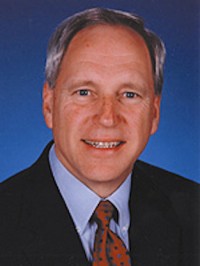 Cecil D. Mercer, a giant in his field during his 31 years (1974-2005) on the College of Education’s special education faculty, passed away at home on Nov. 21, 2014, after a long battle with Lyme disease. He was 71.
Cecil D. Mercer, a giant in his field during his 31 years (1974-2005) on the College of Education’s special education faculty, passed away at home on Nov. 21, 2014, after a long battle with Lyme disease. He was 71.
